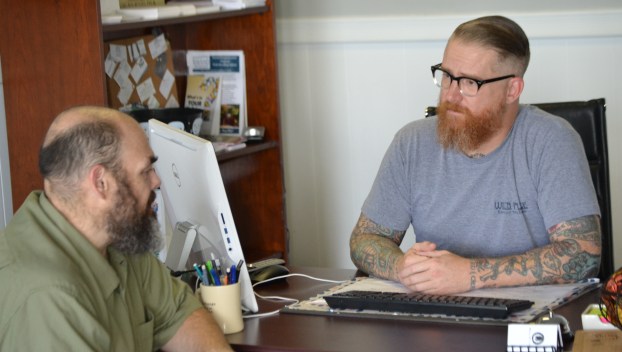
News
Registration for Will’s Place’s second annual summer camp open
People have until May 30 to register their children for the second annual Forever Young Summer Camp, organized ... Read more

People have until May 30 to register their children for the second annual Forever Young Summer Camp, organized ... Read more

After five years of largely operating in a small space across from the courthouse, the recovery resource center ... Read more

Will’s Place Recovery Resource Center has been selected as the featured RRC at the Recovery Research Institute’s seminar ... Read more

In order to raise awareness while also having a good time, the recovery resource center Will’s Place will ... Read more

The recovery resource center Will’s Place launched its inaugural five-day Forever Young Summer Camp at The Lodge on ... Read more

One local organization in Albemarle is in need of volunteers to help with one of its programs next ... Read more

After four years at its current location in downtown Albemarle, Will’s Place is getting ready for a change ... Read more

While the coronavirus pandemic has greatly impacted Stanly County this year, with more than 2,600 cases and 77 ... Read more
For more than a year, Stanly County has been entrenched in a battle against the opioid epidemic. At ... Read more

While the opioid epidemic has impacted many in Stanly County, many programs and groups from across the county ... Read more